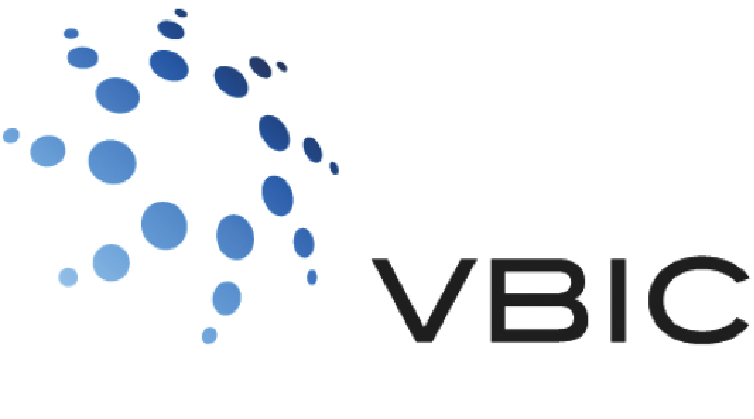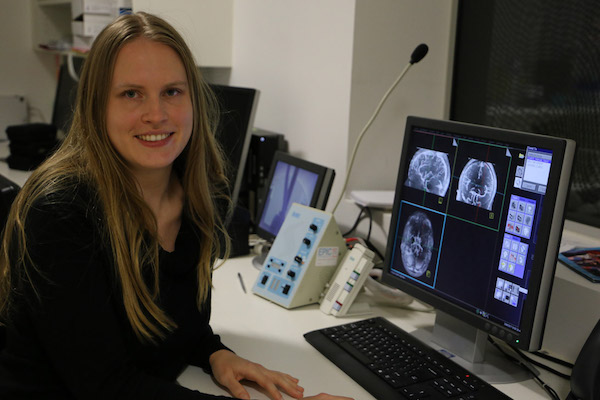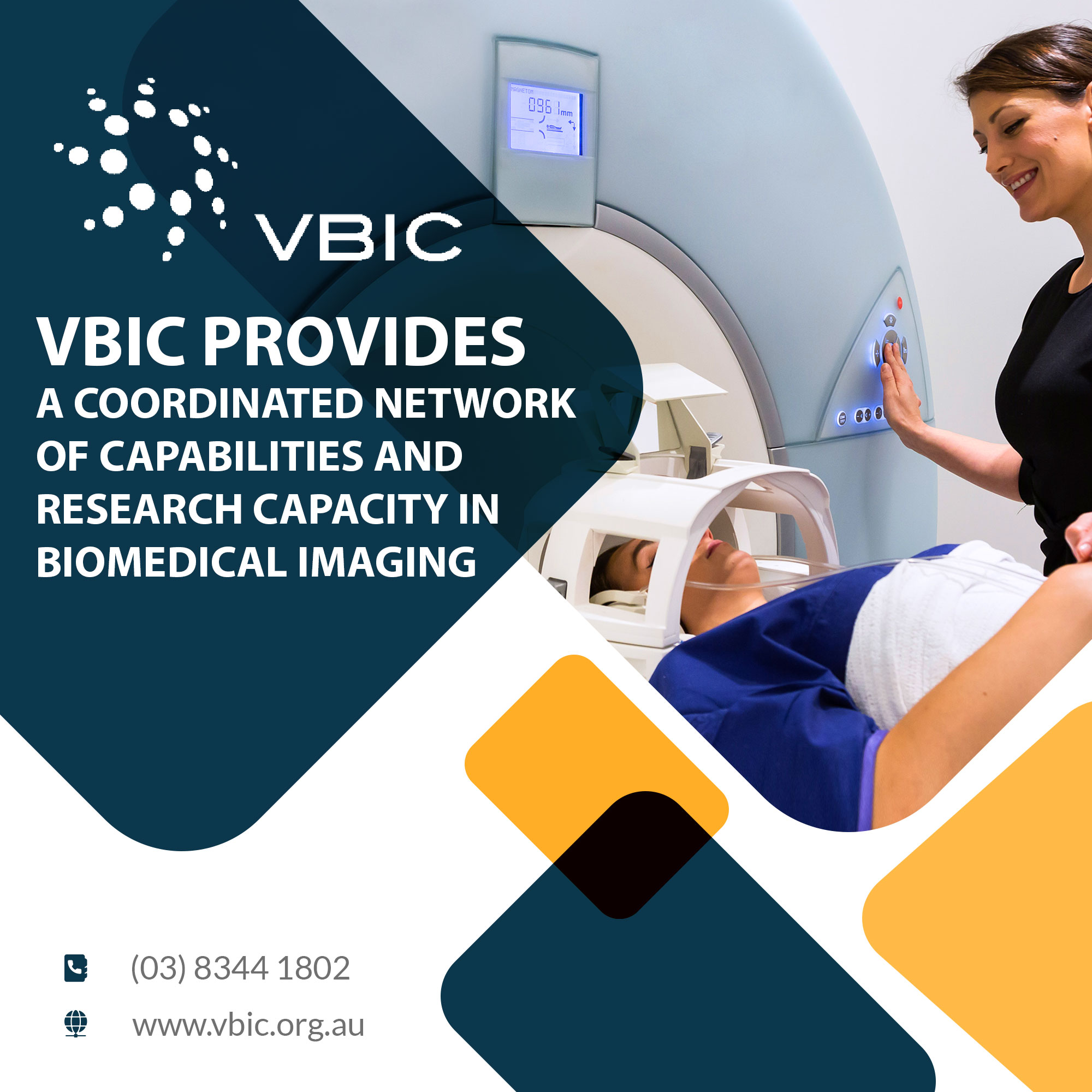This month we feature research from Yasmin Blunk of Parkville node. Yasmin’s Ph.D. work focuses on Sodium MRI. Sodium is the second most abundant MR observable nucleus and has the potential to provide tissue information that is quite different from that of conventionally acquired proton-based MR images.
Briefly tell us about your research project.
My project focuses on Sodium MRI. Sodium is the second most abundant MR observable nucleus and has the potential to provide tissue information that is quite different from that of conventionally acquired proton-based MR images. Despite the vital role of Sodium in various processes and body functions, it has not yet found its way into clinical practice due to challenging imaging characteristics.
My work intends to address current issues and limitations in sodium imaging and aims to develop improved techniques for sodium signal acquisition, analysis and reconstruction. Within the scope of my project I am working on improved sampling designs for fast image acquisition, sodium signal analysis and non-cartesian reconstruction. Part of our work has recently been published in Magnetic Resonance in Medicine.
Who are your supervisors?
I am jointly supervised by A/Prof Leigh Johnston from the Department of Biomedical Engineering and Dr. Jon Cleary and Prof Roger Ordidge who are both with the Department of Anatomy and Neuroscience.
What imaging equipment are you using?
I have been working with the 7T Siemens MRI at the Melbourne Brain Centre Imaging Unit. Sodium has a comparatively small MR sensitivity, which makes it particularly suited for higher field strengths.
How did you find accessing and using the equipment?
I have had brilliant access to the 7T MRI at the MBCIU for imaging custom-built phantoms as well as in vivo scanning. Rebecca Glarin, the radiographer at the 7T MRI, has been a great support with scan scheduling and volunteer bookings.
Did you work across sites? If so, how did you find accessing the equipment across sites?
I am only working at the 7T MRI at the MBCIU. We are currently establishing collaborations with renowned international institutes.




0 Comments